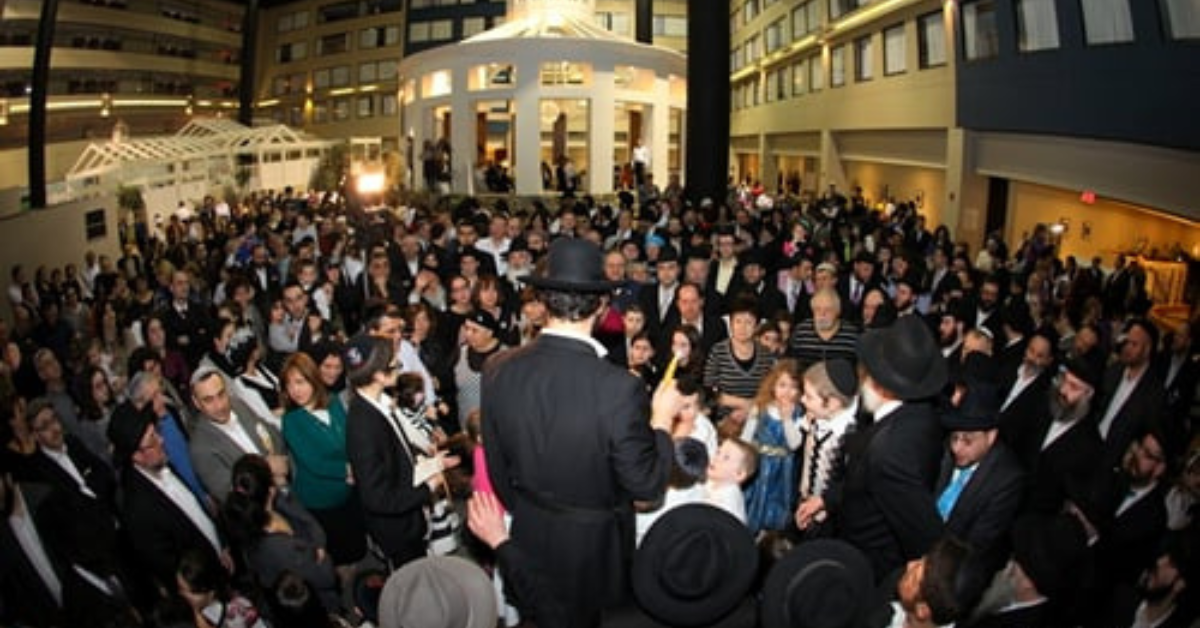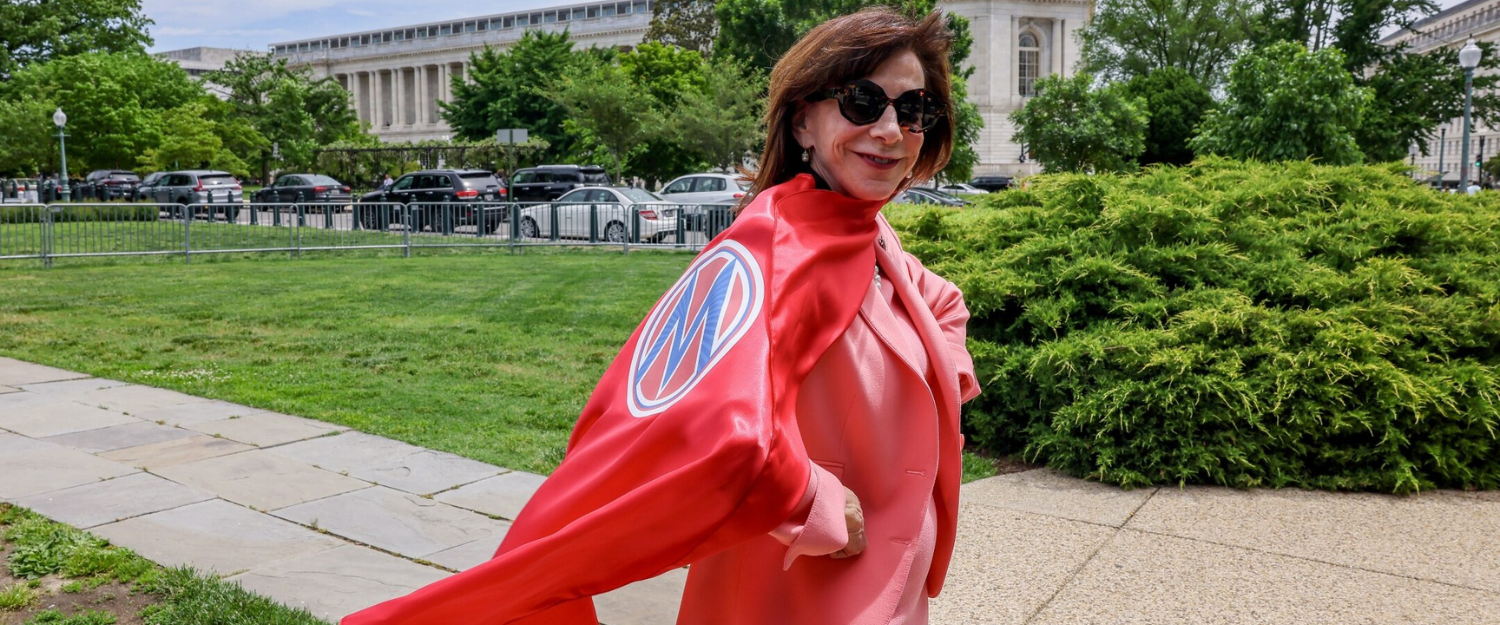Yitzhak ben Moshe, Editor/Reporter, New Mexico
Over the last few months, for me anyway, it seems that not a day goes by when someone doesn’t ask me what it means to be Jewish. Since the Hamas attacks of 7 October 2023, that seems to be a question among both our allies and those who seek our destruction.
An internet search asking the same question provides many articles, blog posts, and opinion pieces. It can be confusing, at times, to separate what is fact from fiction when it comes to who and what we are as a people. Here I am, adding my voice to the discussion.
So, for me, what does it mean to be Jewish?
Being Jewish encompasses a rich tapestry of cultural, religious, and historical elements. Today, as Jews, we face many of the same problems that our ancestors faced hundreds, even thousands of years ago.
Let’s explore what it truly means to be Jewish:
Judaism is a Cultural Identity
Being Jewish is not strictly about race or nationality, though Judaism is an ethno-religion. We Jews come from diverse backgrounds, including Ashkenazi Jews from Europe and Sephardic Jews from the Middle East via Spain or Morocco. There are the Mizrahi and Crypt-Jews. All share the same roots.
Within Judaism, there are many cultural aspects, including foods, customs, holidays, and rituals. Some individuals may be born into Jewish homes, raised with Jewish traditions, and culturally identify as Jewish without necessarily practicing the religion actively.
Some decide to become Jewish through conversation. These wonderful people infuse us with their history, background, and traditions.
Religious Identity
Religious Judaism involves adhering to the beliefs and practices of our faith. Different movements within Judaism (such as Reform, Conservative, Orthodox, and Reconstructionist) offer varying interpretations and practices. Within religious Judaism, there is a home for everyone.
I mentioned that there are even those who convert to Judaism. Conversion can be a long process, about two years on average, and involves much study. Just believing in Jewish principles and precepts is not enough; a conversion process needs to be completed for you to be fully Jewish.
I like to tell people that those who convert have a Jewish soul that just got a bit lost on the way down here to earth.
Orthodox Judaism has the most stringent conversion process, recognized by all branches of Judaism. Reform, Reconstructionist, and Conservative conversions may be accepted within their branches but not necessarily by Orthodox standards or in Israel. And that, I think, needs to change.
As an aside on conversion, I want to mention patrilineal Jews, Jews who have a Jewish father but not a Jewish mother. Within Judaism, the status of Kohen is passed from father to son, while Judaism is passed from mother to child.
During World War II, the Nazi state considered patrilineage Jews as fully Jewish. Today, DNA tests show you can have Jewish genetic markers from your father or mother. The issue is the Orthodox control over Israel and who is and isn’t Jewish. This, however, is a discussion for another day.
Core Principles
Within Judaism, within each Jew, there is a subtle thread running through Jewish identity, emphasizing awareness of HaShem in daily lives. We don’t just think of G-d now and then; we think of and recognize G-d in everything, everywhere.
Another core principle is keeping Shabbos (Shabbat), a fundamental aspect of Jewish practice. It provides an opportunity for rest, reflection, and connection with family and HaShem.
Regarding Shabbos, as a child, the day was magical. “There is a realm of time,” Rabbi Abraham Joshua Heschel mused in the opening page of his seminal work, The Sabbath, “where the goal is not to have but to be, not to own but to give, not to control but to share, not to subdue, but accord.”
Shabbos is the centerpiece of Jewish life!
We keep kosher. Adhering to dietary laws strengthens our connection with Jewish heritage, with HaShem, and the commandments given to us by G-d.
Let’s talk about Mitzvot (Commandments). Fulfilling the commandments (mitzvot) is central to Jewish life. While some may feel uncomfortable being “commanded,” it remains a significant part of Jewish practice.
Keeping Shabbos, keeping a kosher home, laying Tefillin—all of this, and more, are Mitzvot given to us to come closer to HaShem.
Being Jewish encompasses culture, religion, and peoplehood. It’s a multifaceted identity that transcends imaginary, manufactured borders and connects every Jew worldwide, regardless of our level of practice and experience.
What does being Jewish mean to you? We would love to read your answer to that question.




